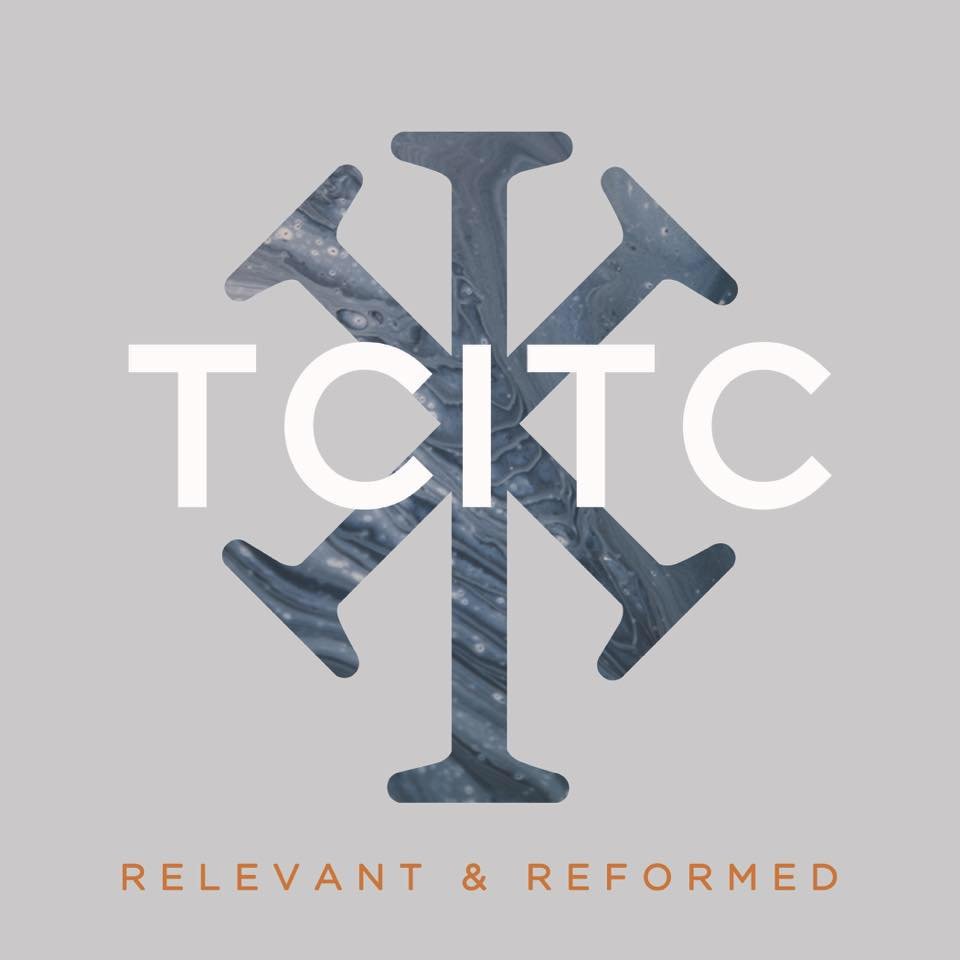Christian, What Kind of Pastor Do You Truly Want?
For a time, John the Baptist was a big deal. He had the ear of the people of Isreal, the religious leaders, and the king feared him. But at the peak of his influence, at the apex of his ministry, he did the unthinkable according to human standards, he stepped aside and pointed his followers to Christ. And man, his disciples weren’t happy about it.
In John 3:25-30, Jesus has left Jerusalem, entered into the Judean countryside, and was baptizing near the spot where John had set up camp.
Now a discussion arose between some of John's disciples and a Jew over purification. And they came to John and said to him, “Rabbi, he who was with you across the Jordan, to whom you bore witness—look, he is baptizing, and all are going to him.” John answered, “A person cannot receive even one thing unless it is given him from heaven. You yourselves bear me witness, that I said, ‘I am not the Christ, but I have been sent before him.’ The one who has the bride is the bridegroom. The friend of the bridegroom, who stands and hears him, rejoices greatly at the bridegroom's voice. Therefore this joy of mine is now complete. He must increase
Notice, the response of John’s disciples wasn’t excitement that the Lamb who was going to take away the sins World was near, but concern that their movement was losing followers to Jesus. As they come to John to complain, and perhaps feel vindicated in their frustration, John responds by pointing out that the only reason he had a ministry was that God ordained him to prepare for Christ. Anything more than that would be simply wrong and out of order.
And to prove that he gives a very simple argument. He tells his disciples hey “This isn’t my wedding.” His entire purpose is to hype up the bridegroom. To celebrate his advent and rejoice in Him.
Imagine if you were at a wedding, there’s burlap everywhere, and you’re in a cheque barn, sitting down and waiting for things to begin. The lights, which are in a mason jar for some reason, dim a bit, and the groom, his best man, and the minister come up to the front of the room. The harpist begins to play. The groom is beaming, waiting for his beloved bride to walk down the aisle. The wedding party begins to filter in. one by one the couple's closest friends and family proceed down the aisle. Everyone stands, here comes the bride begins to play. All attention is now on the couple. This is it! It’s time!
Ok, now imagine that the entire time that has been going on, the best man has been shifting around and fiddling with something in his pocket. And then as the bride was in the middle of the aisle he ran over and proposed to her. Awkward, right? That would be a travesty! It would take all attention away from the covenant being made between husband and wife. It would undermine and distort the entire wedding ceremony and just be plain wicked. And if John tried to hold on to his own ministry at the expense of Christ, it would be far worse.
True humility is properly ordered. John’s humility is seen in the fact that he knew his place, he knew his calling, and he knew that Christ is the reason, end, and goal of everything he had set out to do. Because his priorities were in order that meant that he must decrease, and Christ must increase. His time was ending because the one he was preparing for had arrived. And he was praising God that finally, He has come!
But John’s disciples just didn’t get it. They wanted their leader, whom they have served for some time, to be the head honcho. Perhaps they wanted the religious credit score of being one of John’s disciples. Or they wanted to use the ministry of John to further the cause of Israel in the face of Roman oppression. They wanted John, and themselves by association, to increase in social, religious, and political circles.
They didn’t have the proper order of importance, and because of that they arrogantly elevated John to a level in their heart that wasn’t his place. In short, the reason they came to john to complain was their own pride and allegiance to their earthly leader was greater in their heart than the Messiah. And if John had gone along with it, great harm would have resulted.
With that exposition of the text in mind, there is a clear application for believers, especially in America today. The type of man you want to pastor you is a clear indicator of your own humility.
What Kind Of Pastor Do You Truly Desire?
One of the issues that have arisen in the American church today is the advent of the celebrity preacher. Now, don’t get me wrong, there have always been pastors in the church whom God has specially gifted who will have more widespread influence than others. That’s not necessarily bad, we should be thankful that God equipped men like Augustine, Chrysostom, Calvin, Luther, Charles Spurgeon, RC Sproul, and others to spread truth according to their exceptional giftedness. Jesus Himself talks about this in the parable of the talents (Matthew 25:14–30), that’s not a problem. But celebrity pastor culture is destructive.
This is the raising up of talented individuals and growing their brand for self-gain. It’s when a pastor, regardless of church size, elevates themselves or is elevated by the church, at the expense of truth, morality, or the very people they are called to serve. And one of the reasons that’s a problem is because charismatic figureheads are the type of leader celebrated in today’s world and the type of leader we secretly want.
Let’s be real, who doesn’t want a Christianized Elon Musk or Jeff Bezos as a pastor and leader of a church? An inspiring charismatic leader who champions change and results - no matter the cost. But that is one of the main reasons we’ve seen so many high-profile controversies and scandals over the past decade.
The reality is American Evangelicals have been hiring rockstars and are then left wondering why the hotel room got trashed. And that’s nothing new. Israel desired a king like the nations around them, and they got the absolute worst possible thing, exactly what they wanted. They got Saul.
So the question for you is what kind of leader do you truly desire? John’s disciples wanted John to continue his ministry over and against what Jesus was doing at the very same lake. They were frustrated that their own leader’s personal influence was being diminished. They wanted the glory of being a disciple of a leader of a national movement. But John pointed out that fading away and guiding others away from himself and to Christ, was what his ministry was all about. It was about preparing the way of the Lord.
The ministry of church leaders today isn’t to build a personal brand, to be a political mover and shaker, an agent of social change, or to rock the latest greatest jeans brand, but to show people Jesus. Desiring a pastor to do more than the biblical requirements, or to make them the figurehead of a movement for your own pride by association, is wrong. That has directly resulted in a shamingly high number of controversies over the years.
The church must not look for pastors who fit into LinkedIn buzzwords, but men like John. Men who are willing to be nothing more than servants pointing others to the Son of God. Men who humble themselves and exalt Christ. Men who love and care for the church as he does their own family. Men who, by all algorithms and metrics, are not hot commodities or firebrands. No, we must look for men who humbly and gladly decrease for the fame and glory of Christ’s name through the faithful preaching and modeling of the Word of God. In all reality, that type of pastor isn’t flashy, exciting, or marketable. But that is exactly the type of man God desires for leading a church. What about you?




I am more convinced than ever that we need to unravel, re-evaluate the celebrity-pastor preaching circuit